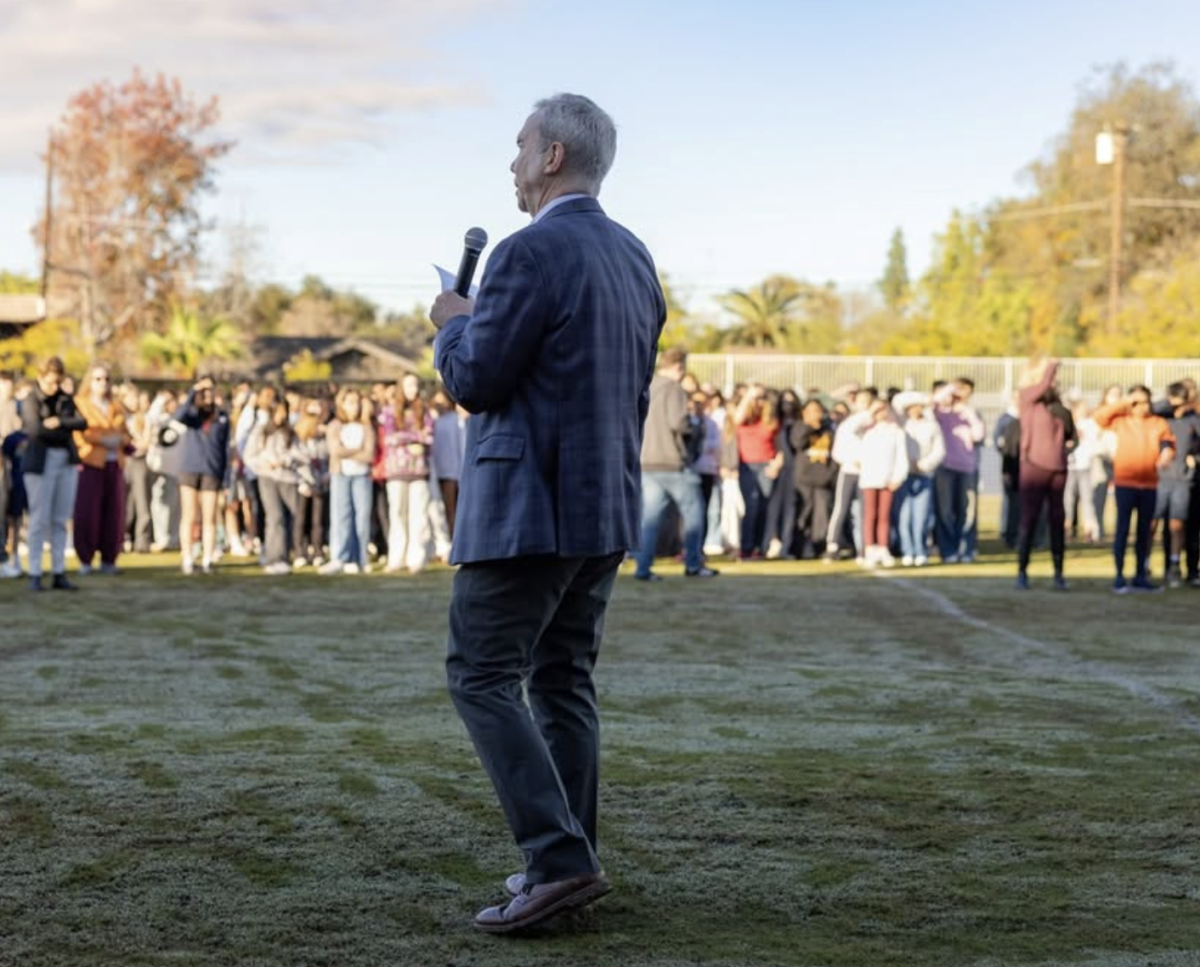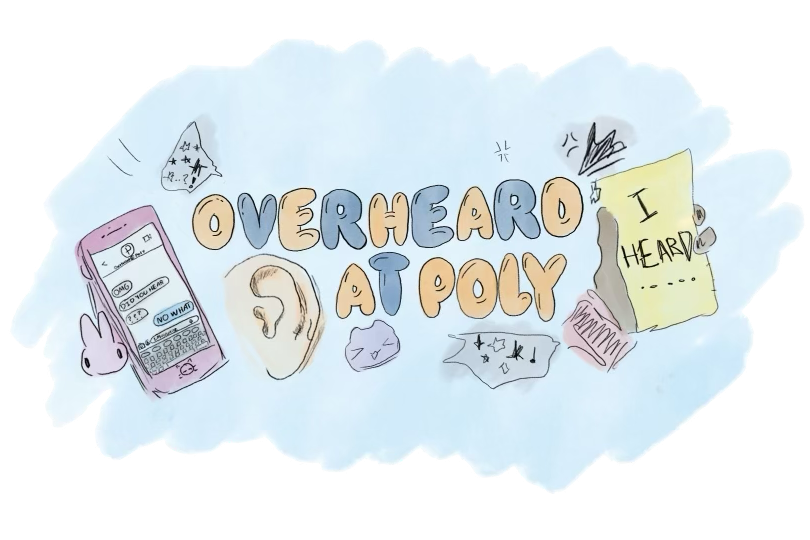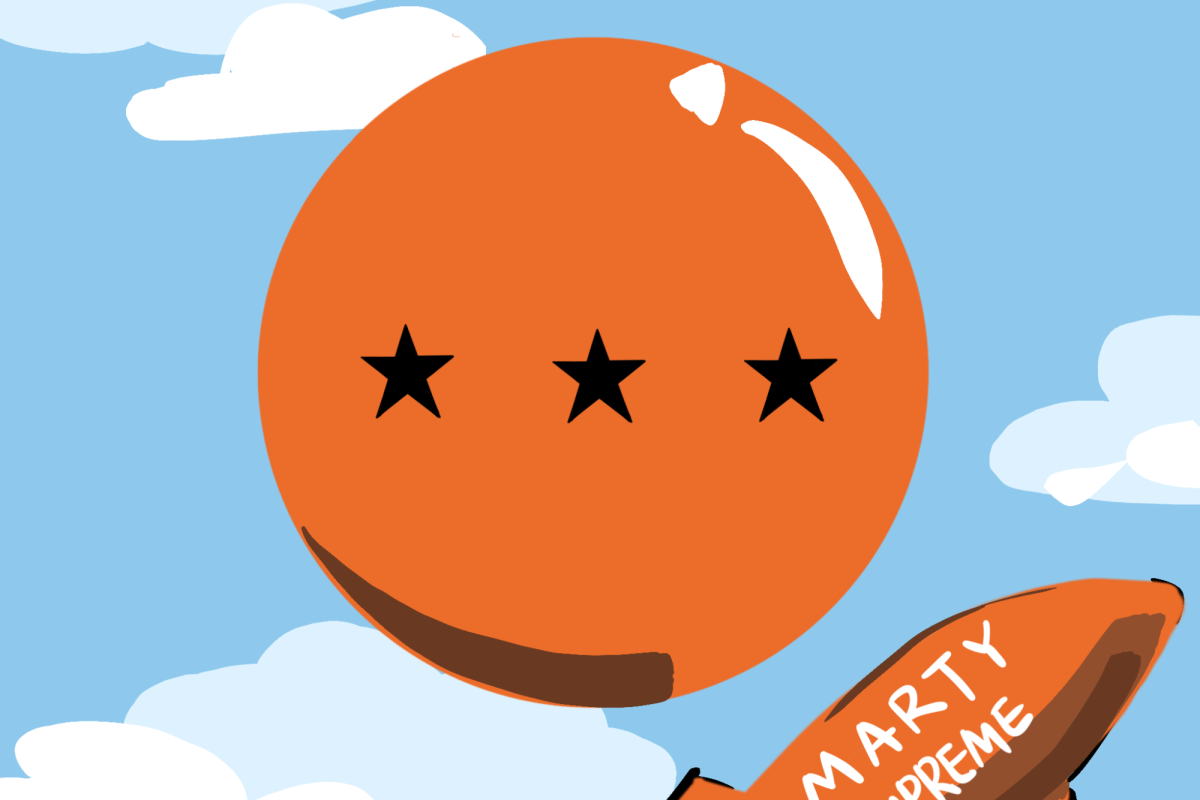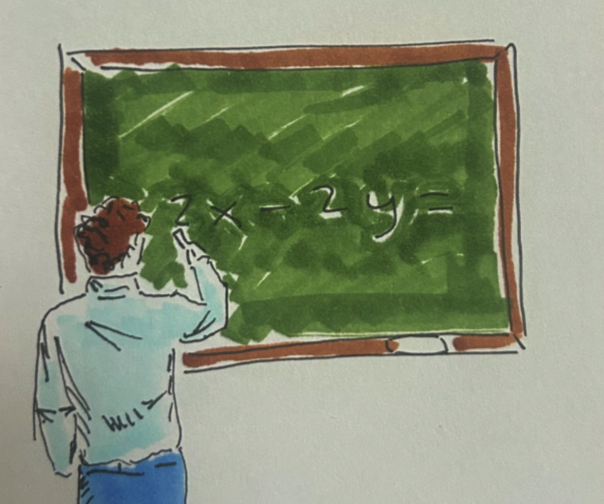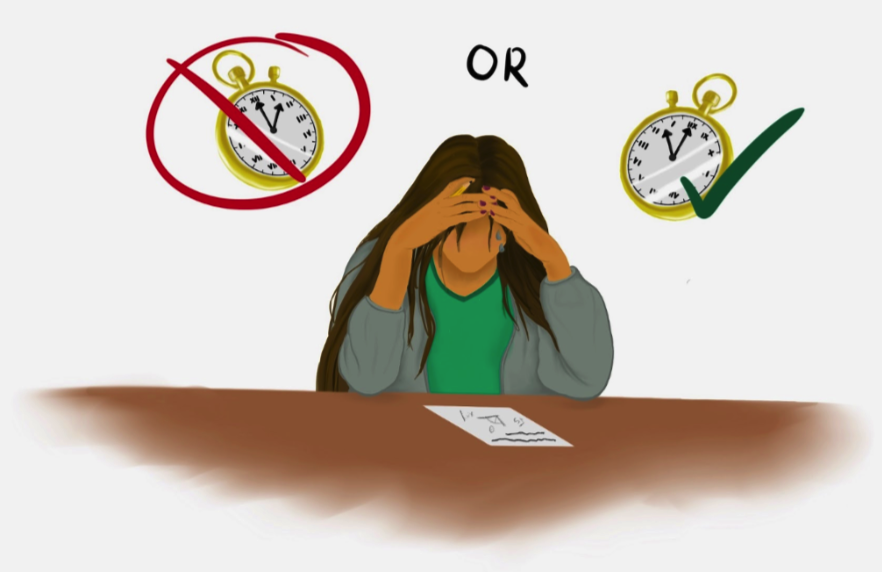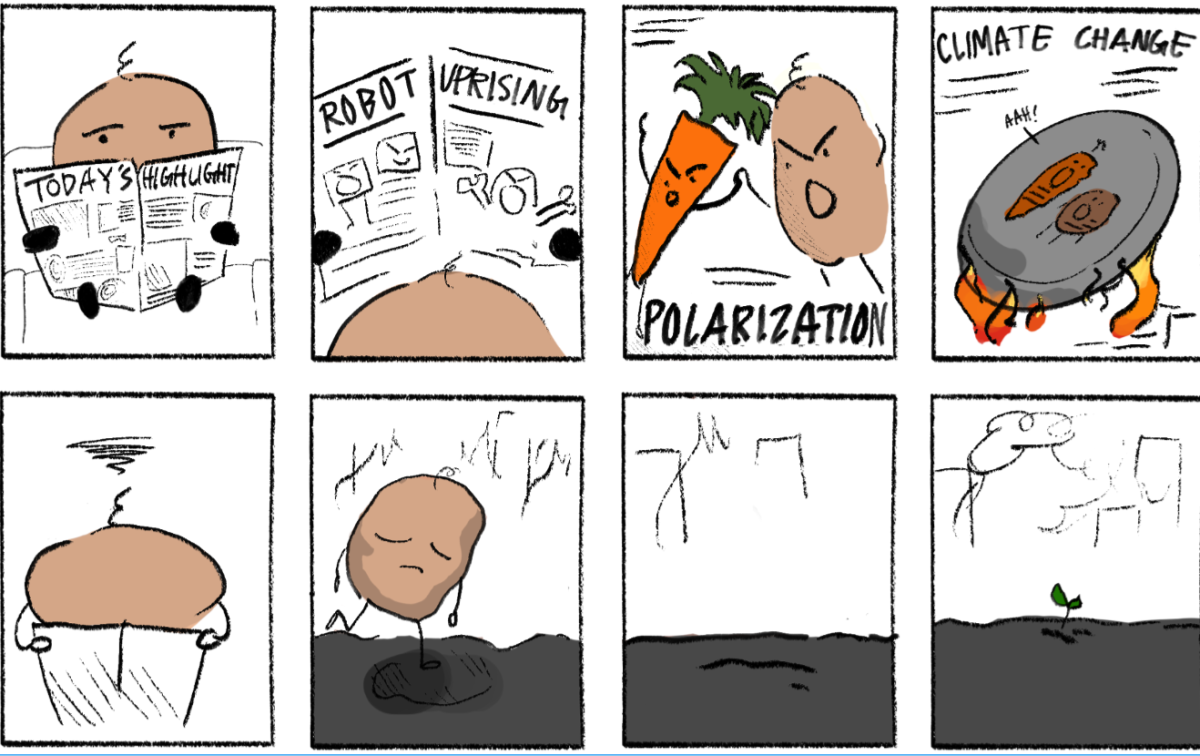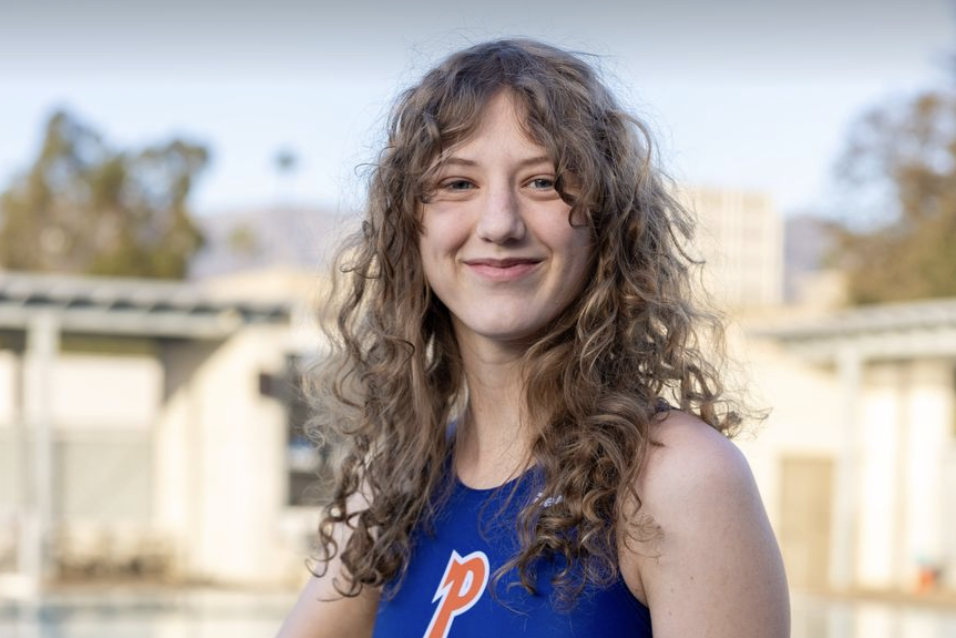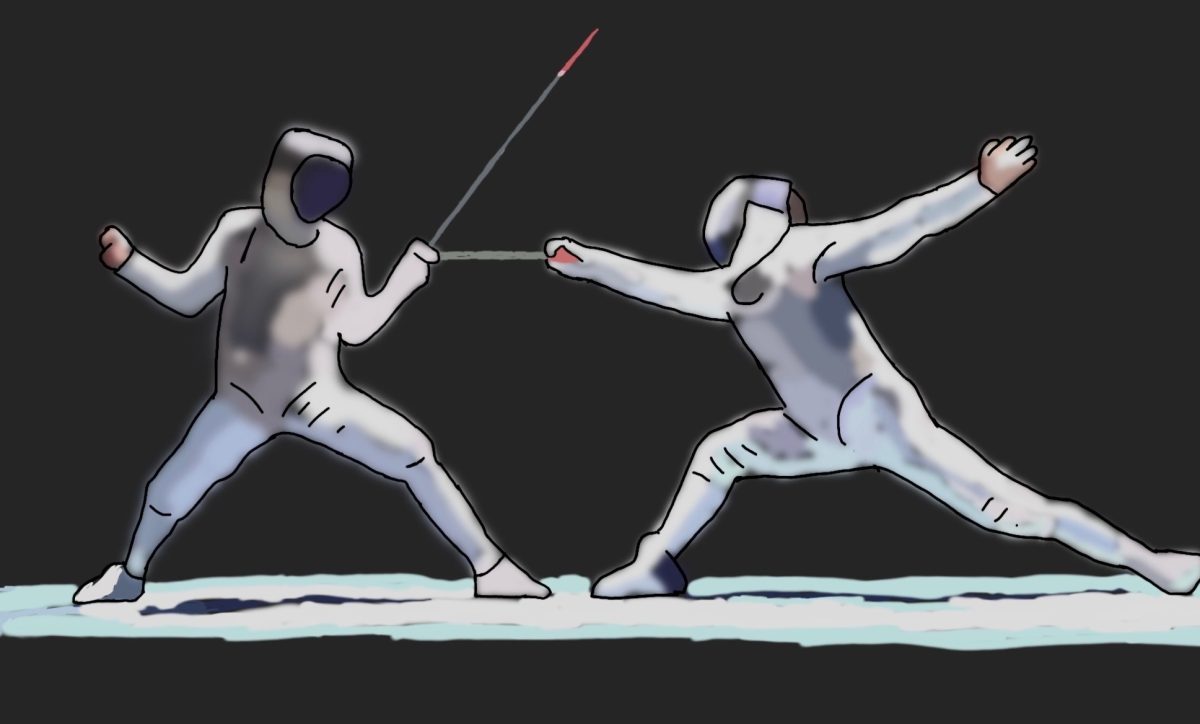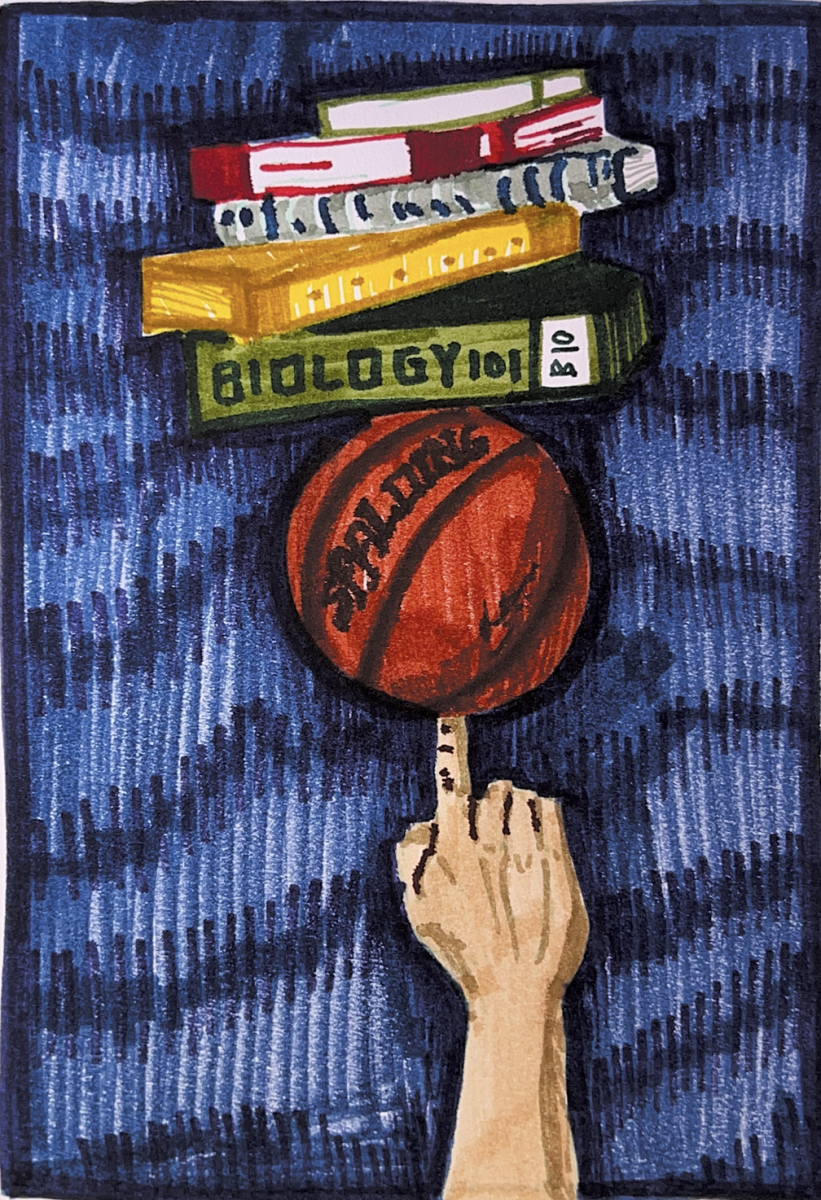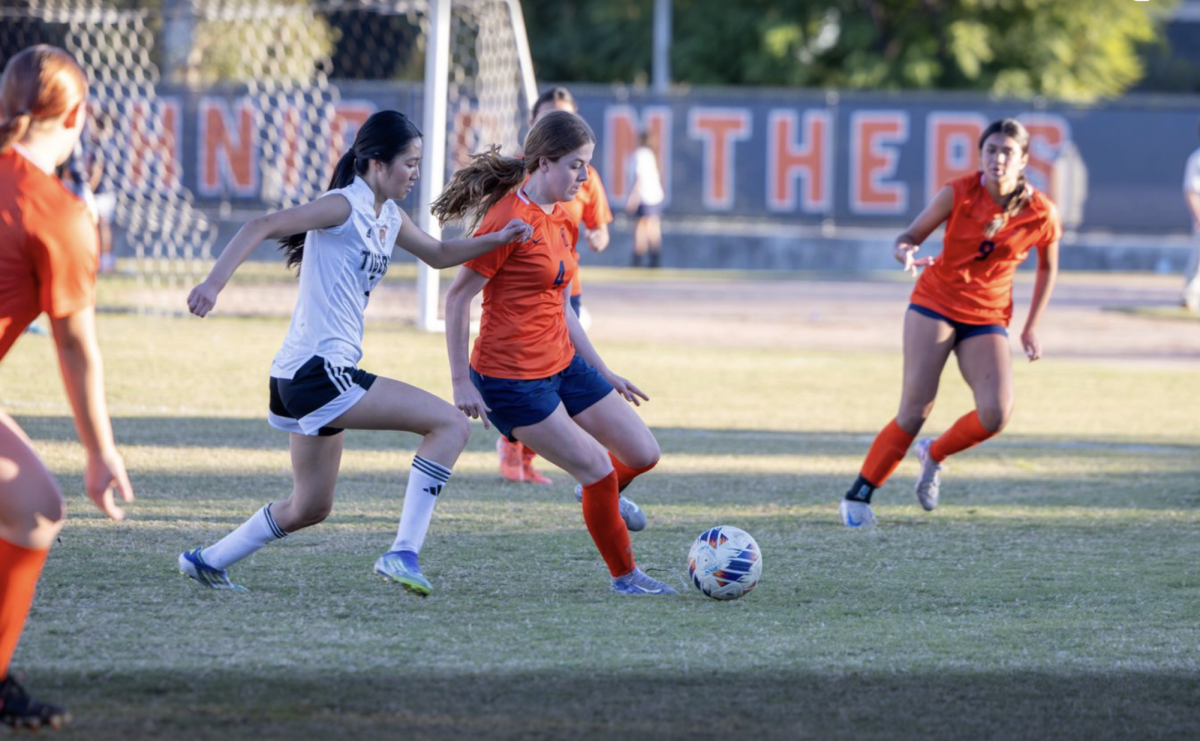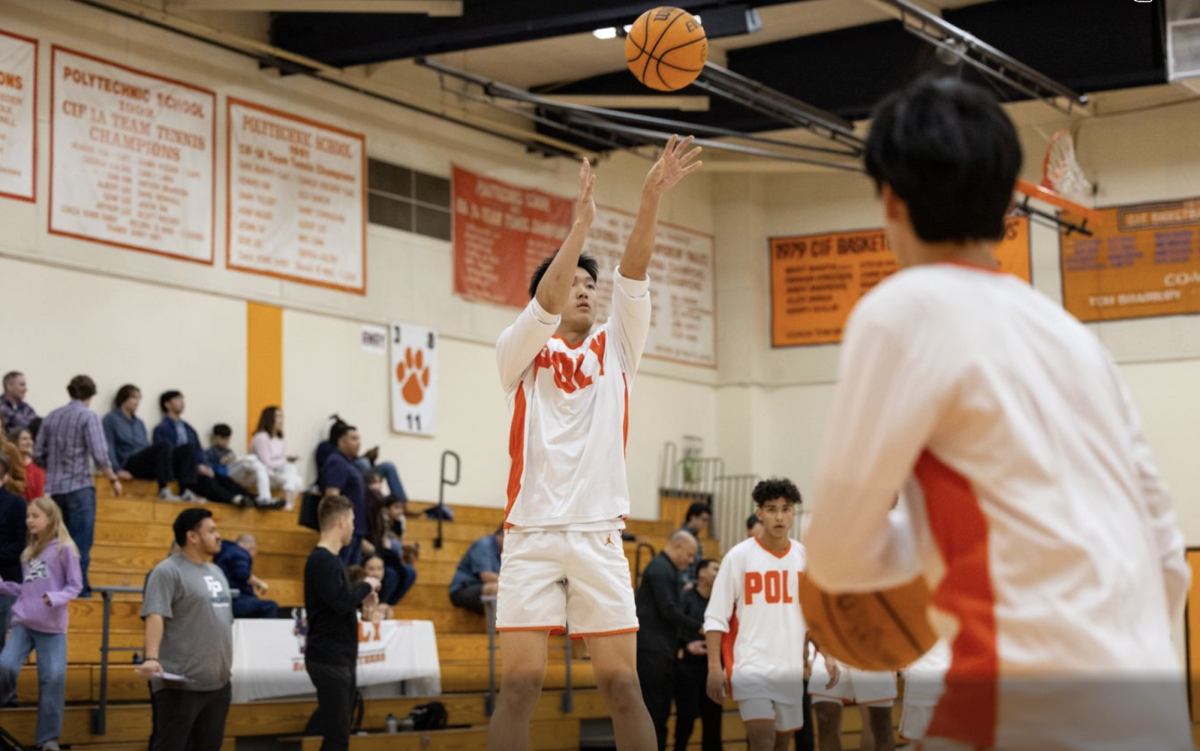Since its release in 2022, ChatGPT, along with other artificial intelligence software, has taken the world by storm. Yet, there has been little standardization of AI policies at Poly.
Some teachers have encouraged students to use AI as a tool to explain math or science concepts, generate practice problems, or correct language translation, while others have prohibited all AI use. Proponents of AI argue that ChatGPT, a free-to-use software, can be used to ensure equity among students.
Upper School Spanish teacher Patricia Levin remarked, “I think it’s kind of leveling the playing field in that some kids have relatives or friends or tutors that help them with their homework or to study. With the proper use of artificial intelligence, every kid can have their own private tutor.”
Others argue that easy access to AI exacerbates existing issues with academic integrity. “I think it’s a matter of some students being savvy enough to do it and others not even thinking about it and others thinking about it but going ‘oh, I shouldn’t do that,’” explained Science Department Chair Robin Barnes.
While generative AI is a recent advancement, questions about using the internet to cheat are nothing new, and teachers continue to disagree about how much enforcement is necessary.
“We have to appeal and trust each of our kids’ moral compasses,” said Levin, “We do have a Poly Honor Code, so we should assume and expect that students are following it.”

Nevertheless, Poly teachers have had to adapt their classes to prevent students from using AI to cheat. The English department has incorporated previously at-home writing assessments into class time to ensure that students are doing the work themselves. Teachers have used software such as Exam.net, which locks all other browsers during an exam to prevent cheating and Turnitin, which scans student work to catch plagiarism and detect AI use. In the Poly Enriched Chemistry course, information about labs is withheld until the in-class assessment so students can’t use ChatGPT to get the answers.
On the other hand, AI has not only been used to cheat – many students report using artificial intelligence to help deepen their understanding of a topic, for instance using it to provide them with practice problems in order to study for a test.
A freshman shared, “Sometimes my teachers don’t explain the material at all, but AI can explain it to me in one minute.”
So far, the amount of AI usage by students has varied greatly, with 27% of students reporting using it once a week for school-related purposes, 11% using it daily, and 17% never using it.
When asked for which subjects they use AI to help with assignments or studying, English was the most common answer, reported by 42% of respondents. 28% of students reported using AI to get feedback on or improve a piece of writing. However AI’s insights and skills have limits; in fact, some English teachers have used ChatGPT to generate examples of essays in order to highlight AI’s shortcomings.
“We want students to know about it as a tool and understand its limitations and its usefulness,” said English Department Chair Marge Kenny. “The machine, with all its power, can’t do what they can do as ninth-grade thinkers and writers.”
But, what if AI gains those capabilities in the future? As artificial intelligence software improves, it’s up to students and teachers to determine the role it will play in academic life at Poly.

